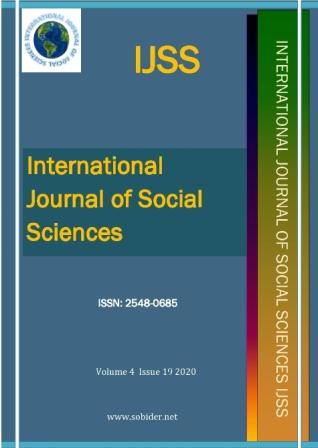The Privileges and Immunities of Diplomatic Envoys Under International Law
The Privileges and Immunities of Diplomatic Envoys Under International Law
Author(s): Abdul-Rauf Mahmoud Abba, Sadiq Muhammad SafiyanuSubject(s): Criminal Law, International Law, Diplomatic history, Criminology, Commercial Law, Sharia Law
Published by: SD Yayınevi
Keywords: Immunity; International Law; The Vienna Convention; Inviolability;
Summary/Abstract: The concept of diplomatic immunity is an ancient idea based on a mutual understanding between different societies. The idea that a society could send a person on their behalf to negotiate and argue for their cause has been a vital tool in the history of international relations. Since the beginning of civilization, states have recognized and upheld the sanctity of ambassadors, especially as regards the personal freedom and safety of envoys. Although there have been tremendous changes in the way nations interact with each other, the basic functions of diplomacy and their machinery have not changed. Indeed, the central features of diplomatic institutions have survived the fundamental shifts in the order and structure of international politics such as the surge of nationalism and democracy and the incorporation of non-European countries in the international system. Although the notion of diplomatic immunity has been continually adhered to by nations predating the codification of diplomatic law, increased globalization and inter-dependency between states has led to the development of customary International Law which has subsequently been codified to ensure that diplomatic immunity is held sacred till the end of times. In an attempt to properly understand and appreciate the broader concept of International Law, some of the most important privileges and immunities being enjoyed by diplomatic envoys are highlighted and discussed in this work.
Journal: Uluslararası Sosyal Bilimler Dergisi
- Issue Year: 4/2020
- Issue No: 19
- Page Range: 111-124
- Page Count: 14
- Language: English

